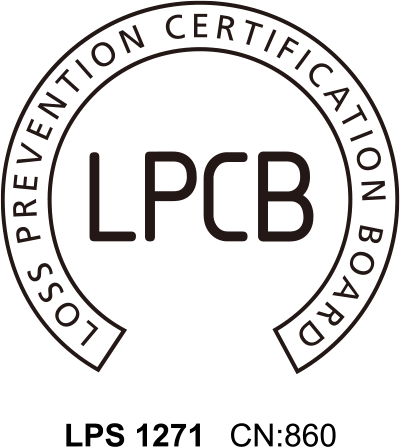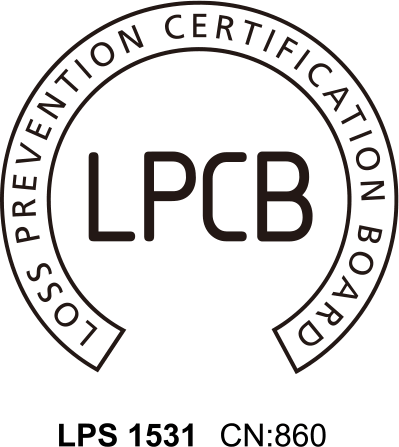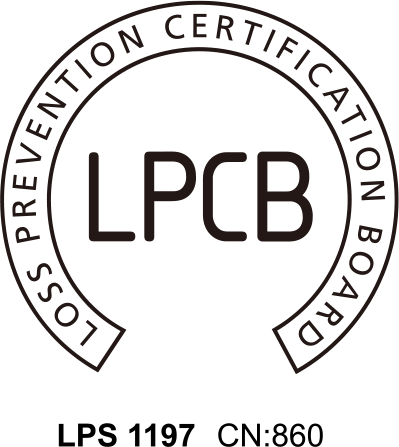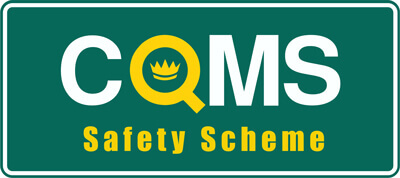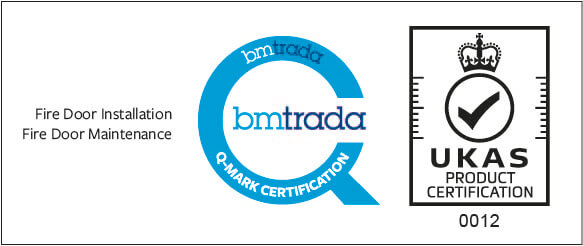The Importance of Fire Doors
Fire doors are always important, but it can be even more crucial for those who manage buildings with a sleeping risk such as hotels and hospitals. The condition of each door can dramatically impact the performance of the door to hold back, smoke, gasses and fire.
Shut That Door
A fire door is only an effective barrier to fire (and possibly smoke) when it's shut. So make sure your fire doors close fully against the rebated stop of the door frame. This is why well-maintained hinges, closers, locks and latches are so crucial to fire door performance. Never prop open fire doors even for a short period to vacuum the floor.
Some of the most common faults are ones that stop the door closing properly.
- Hinges – If hinges are not fitted and maintained correctly the door may drop and bind on the floor or door frame.
- Closers – If the closer is too weak or incorrectly adjusted it may not close the door effectively.
- Lock and latches – If the lock or latch is unsuitable or if the strike is incorrectly angled again the door may not close properly.
3. Lock and latches – If the lock or latch is unsuitable or if the strike is incorrectly angled again the door may not close properly.
Gaps and Seals
Intumescent seals must be fitted to all fire doors. These seals will expand in a fire situation and seal the gap around the perimeter of the closed door to help hold the door in place and restrict the passage of fire. Smoke seals will restrict the spread of cold smoke and do a very important job to help restrict the passage of lethal smoke and gases to help save lives and keep escape routes clear of smoke.
If the smoke seal is not in full contact with the door edge and frame then it won’t effectively restrict the passage of smoke and will increase the risk of death and injury. If you can see daylight between the smoke brush or blade and the door edge or frame, then urgent attention is needed.
Gaps around the perimeter of the door are very important to ensure the correct performance of the intumescent seals in a fire situation. Best practice guidance is a 3mm gap between the door edge and frame around the perimeter and 8 to 10mm maximum at the threshold (3mm where smoke protection is required).
Don’t block escape doors people need to get out easily and the Fire and Rescue Service may need to get in to rescue anybody trapped inside not to mention extinguish the fire.
Your Legal Obligations
• Be aware of your legal obligations regarding the upkeep of fire doors and escape doors.
• Understand what makes a fire door effective and what may make it ineffective.
• Seek advice from Competent Persons.
• Implement an effective inspection and maintenance programme undertaken by Competent Persons.
